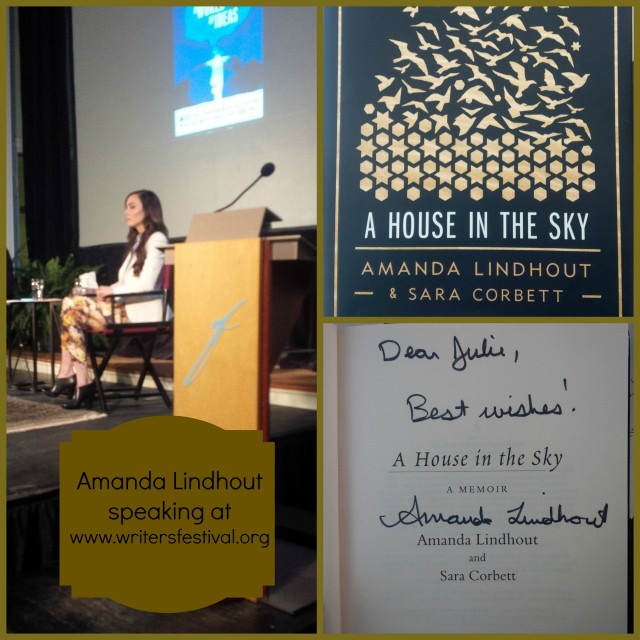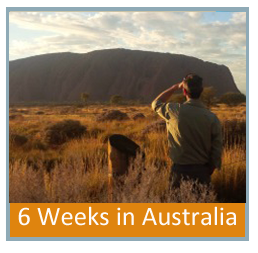Thanks to the Ottawa International Writers Festival, I had the tremendous opportunity to meet Amanda Lindhout and hear her story in her own words. If Amanda’s name does not ring familiar, let me explain who she is. She is a young Canadian woman who has published a memoir (A House in the Sky) of her experience as a hostage in Somalia for 460 days.
Let that sink in for a moment: Four-hundred and sixty days. These were not 460 days in a Canadian-style prison. She was held hostage and repeatedly tortured in ways that were brutal and inhumane.
But here’s the thing: She survived.
And it is the fact that she succeeded in doing so that makes her utterly fascinating to me — and many others. I suspect her current daily life is terribly scarred by what she endured in Somalia. She did tell the audience she suffers from severe PTSD. Yet, the very fact that she continued to breathe, continued to dream, and continued to hope while under such unbearable conditions seems truly remarkable to me.
I’ve been thinking a lot about this … this ability to survive … this kind of exceptional resiliency. Who has it? Where does it come from? And it brings to mind a common refrain that I’ve heard many people say when hearing of a parent losing a child. I’m sure you’ve heard people say it too — “I don’t know how he/she does it; I couldn’t go on.”
But the cold hard truth is that that same parent has no choice. I know my friend Kelly certainly didn’t. After the death of her sweet daughter Janna from a rare tissue disorder, Kelly had to return home to life that was forever changed. I asked Kelly how she went on and here is how she explained it to me:
“I could not bear the thought that my beautiful child, who brought me such joy, would be a negative impact in my life. Obviously the grief was unbearable at times — the loss stays with me even almost a decade later — and I have worked hard to heal. I still think of her every day without fail, yet I have chosen to focus on the lessons she taught me, and bring them into my present actions, in the way I raise her siblings, in how I balance my time and energies, and generally how I look at the world. I moved on with each day, because it is what I had to do… “
Kelly focuses on the beauty of her experiences with her daughter to gain the strength to go on. The power of the mind (or perhaps the soul?) is clearly quite amazing because similarly, Amanda found ways to focus on positive thoughts even while chained and starved in a dark room for days on end.
As we sat in a warm, cosy room with coffee brewing in the background, Amanda explained that she was not extraordinary. She was only different from the rest of us in that her spirit was put to the ultimate test, whereas ours had not. While she was in captivity, she had enormous amounts of time to think. She started to spend this time focusing on things that made her spirit feel good: memories from her former life before the kidnapping, and ways in which she could serve the world if she survived. She also built an imaginary house in her mind — a house in the sky.
“I conjured my father’s laugh and my mother’s cooking, the stars in the sky over Sylvan Lake. I made peace with anyone who might every have been an enemy. I asked forgiveness for every vain or selfish thing I’d done in my life. Inside the house in the sky, all the people I loved sat down for a big holiday meal. I was safe and protected. It was where the voices that normally tore through my head expressing fear and wishing for death went silent, until there was only one left speaker. It was a calmer, stronger voice, one that to me felt divine.” (p. 292)
It wasn’t easy to focus on these things, she explained, but the more she did, the more her brain would go to these positive thoughts rather than the negative and defeatist ones.
What my friend Kelly has explained to me about the human spirit and its strength to go on makes sense. And so too does Amanda’s explanation. But I remain in awe.

















Speak Your Mind